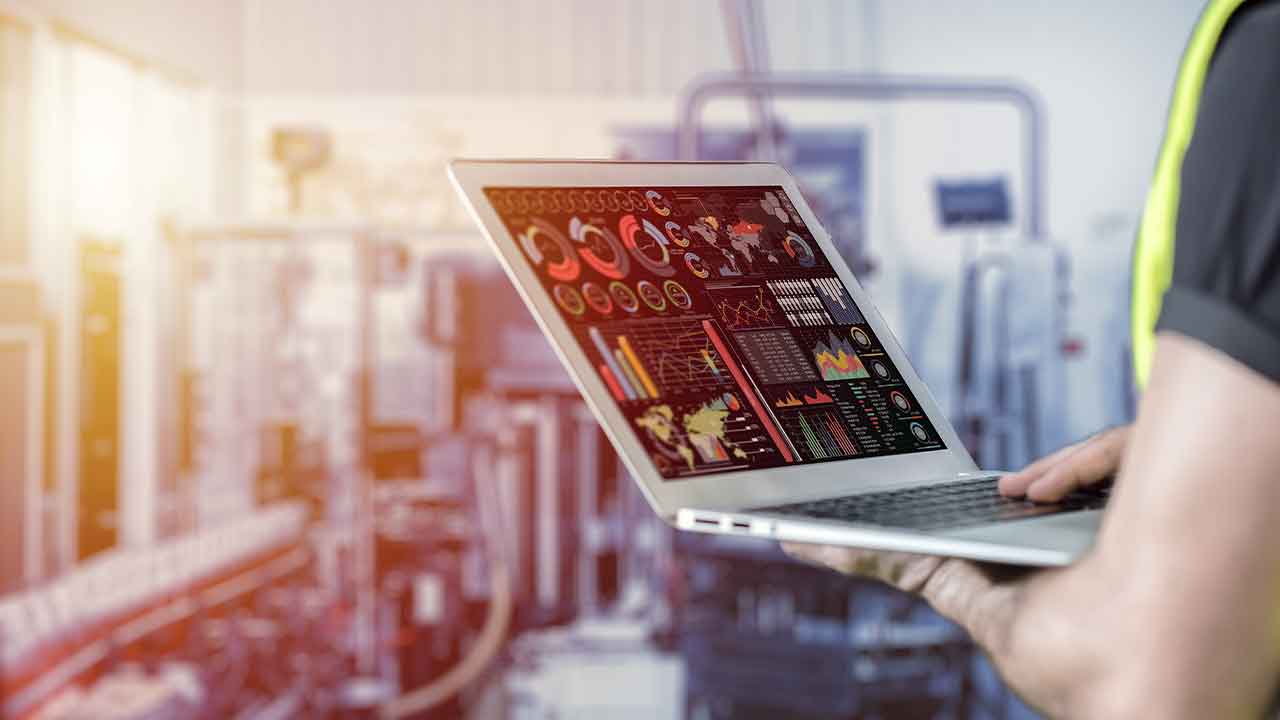Does hardware matter?
I believe that every IoT and Industrial IoT system designer have to at least consider this question in the title. Or do you?
In a modern market landscape, more and more companies own core value and competitive edge is coming purely from the software. In more specific from the usability, capability, and features of that software. In addition, the market is flooded with millions of ready-made hardware solutions and fierce competition in the market are keeping prices of hardware down. This situation easily leads to thinking that it does not actually matter what hardware platform I choose to run my software on. I just choose the cheapest one that seems to run my software at least in a test environment.
Let’s stop to think about this for a while. Does it really matter who’s hardware platform you are using to run your software? I usually do not like to use Apple as an example since there are many things that I don’t like about them, but in this case, it is inevitable. Apple has shown us all what kind of value and innovations you can provide with the perfect alliance between hardware and software. If Apple has managed to do this in a highly competitive consumer market, imagine what this recipe enables in an industrial B2B market where we usually see huge one-time investments, high-risk management, and extensively long product lifecycles.
Usability, usability, and usability! I claim that in today’s world nothing gives you a better competitive edge and bigger profit than the outstanding usability of your system and product. The product that delivers great customer experience is much more profitable than the product that lacks behind in usability. Easy to use product gives you better customer satisfaction and faster market adaptation that lead directly to larger sales and higher profits.
To software developers usability has been an obvious point for a long time even dough many software are still lacking seriously in this matter. However, the bigger question is what any of this has to do with the hardware? It is a well-known fact that skilled software developer with enough time and recourses can program the software that runs smoothly on basically any hardware available. In reality, we face a situation where there is very little time and very limited resources available. In addition, even the world most magnificent code won’t help you if the hardware platform itself is unstable.
This leads to my favorite subject that is reliability and lifecycle of the hardware. How many of you remember the good old times when washing machines, microwave ovens, and televisions that lasted for decades? In a modern world, price competition and development cycle of these consumer products give very little room to build a long-lasting reliable product and to be profitable at the same time.
Luckily, the situation is completely different when we are talking about systems and solutions that are controlling power plants, paper and pulp factories, logistic terminals, critical networks, money transfers, home automation and soon self-driving vehicles and vessels. We are talking about critical systems where any malfunction cause huge direct financial losses and in the worst case can cause life-threating situations. So it 100% is clear that for these systems and solutions only the best possible and most reliable hardware platforms are chosen. Or is it? In my far over 10 years of experience in this industry, I have to say that unfortunately that many times that is not the case. Most of the time it is not because the risks are simply neglect but more so because there is not enough experience to choose that best solution from that vast sea of all available hardware platforms out there.
And I don’t blame any of you for that because it is so easy to be misguided and go off track when choosing hardware. After all, we are all more or less familiar with different hardware solutions in our everyday life. That easily leave us to think that hardware for professional and industrial use are the same than hardware we use in our homes or in standard IT. Unfortunately, this thought is as far wrong as it can be. Hardware that is designed for consumers or standard IT lack almost all the elements that are needed for a reliable and stable solution in industrial use. The lifecycle of consumer hardware can be as short as six months and can be designed to endure as little as one year of use.
Luckily, by following a few ground rules, that I am going to list below, you can avoid making big mistakes when choosing the hardware platform for your system.
- Never choose a hardware platform form the manufacturer that primarily focus on the consumer market.
- Ensure the future availability of the hardware platform. Demand manufacturer to provide a clear roadmap and lifecycle statement where last time by (LTB) date is clearly stated. Also, ask how the manufacturer is making sure that they can keep their lifecycle commitment.
- Make sure that hardware manufacturer has implemented sufficient change management process and fixed bill of material (BOM) service.
- Test and evaluate carefully at least two or three different hardware platforms with your software in real life or at least simulated real-life environment.
If you are not a hardcore hardware expert I strongly suggest that you ask help from someone who is. Hardware may seem simple but in reality, picking the right hardware solution can be as hard as picking the needle from the haystack. There are few companies in the market (for example, Avnet Integrated) that work with these issues on a daily basis and know all the latest twist and turns in the hardware industry. By relying on these partners to find you the best possible solution, you can focus on developing your own core competencies and improving your competitive edge.
No matter what hardware solution you choose and how you choose it, I hope that after reading this you can avoid the biggest mistakes and won’t choose hardware that is designed to consumers or makers into your industrial system. You have most likely spent a tremendous amount of time, money and Coca-Cola honing your software so you could provide the best possible usability and customer experience. Don’t waste all of this effort by choosing crappy hardware. Your software just deserves better!
Would love to hear your comments on this matter. Do you agree, disagree or do you maybe want to add something? Please send me a message or comment right below.
This article was written by Anatoli Lukkarinen, Busines Development Manager and Integrated Solutions Nordic, Avnet Integrated.



